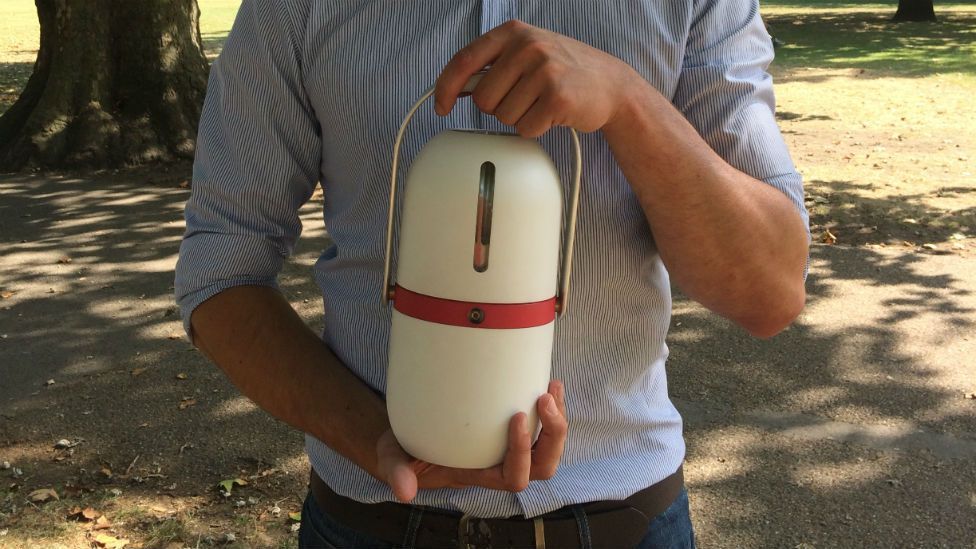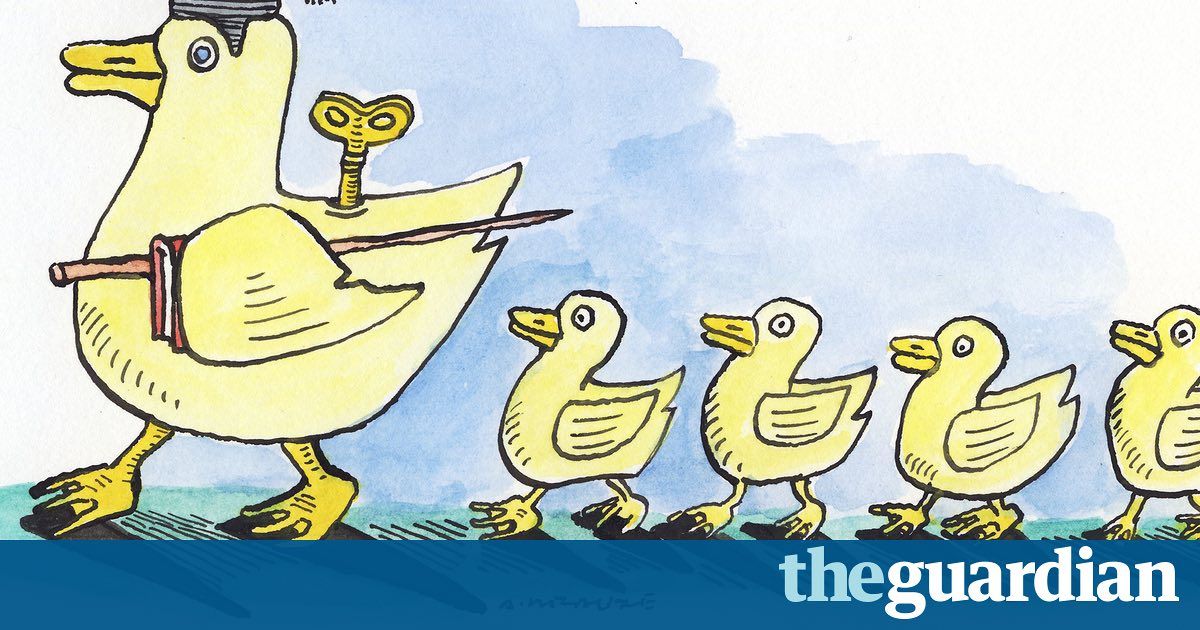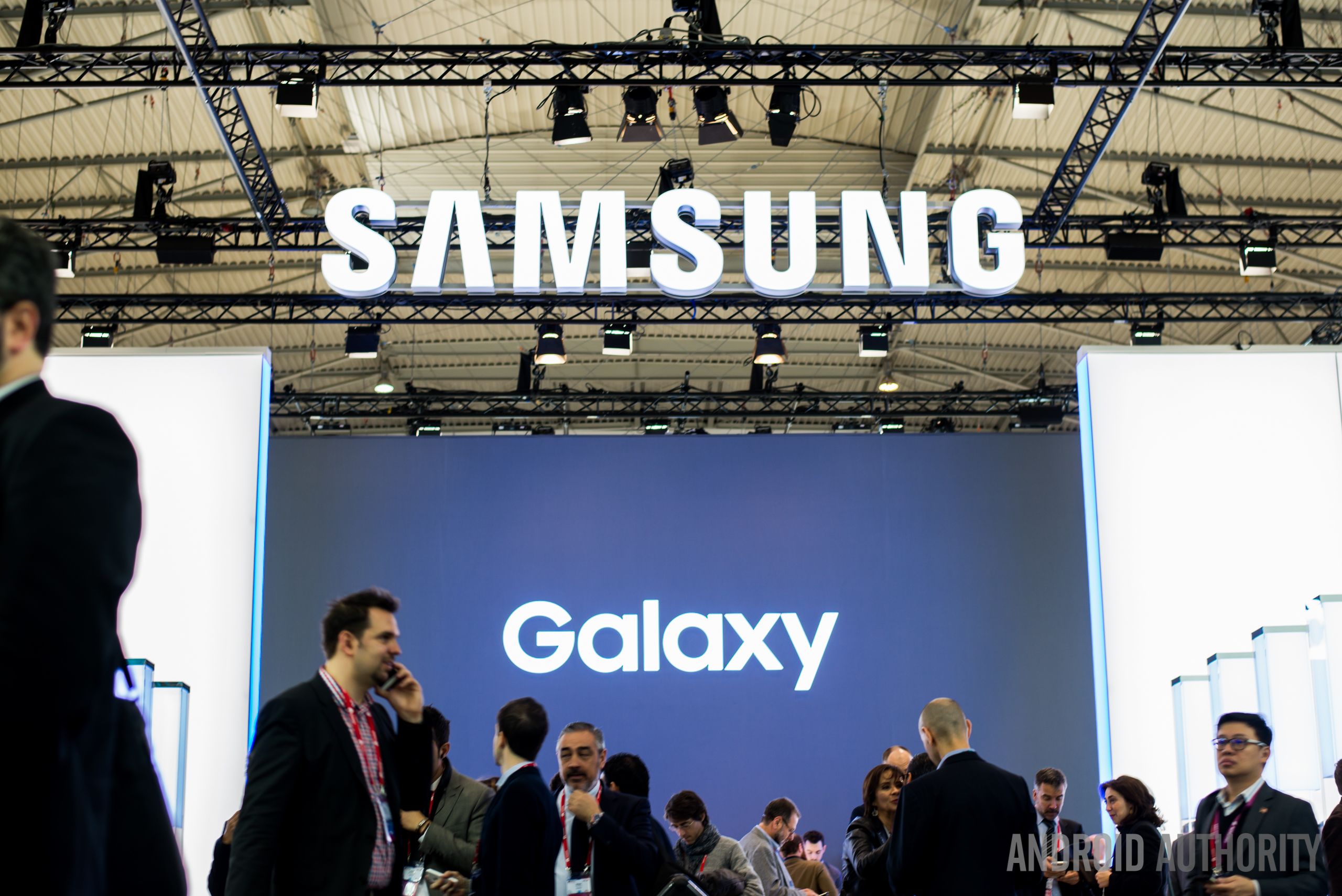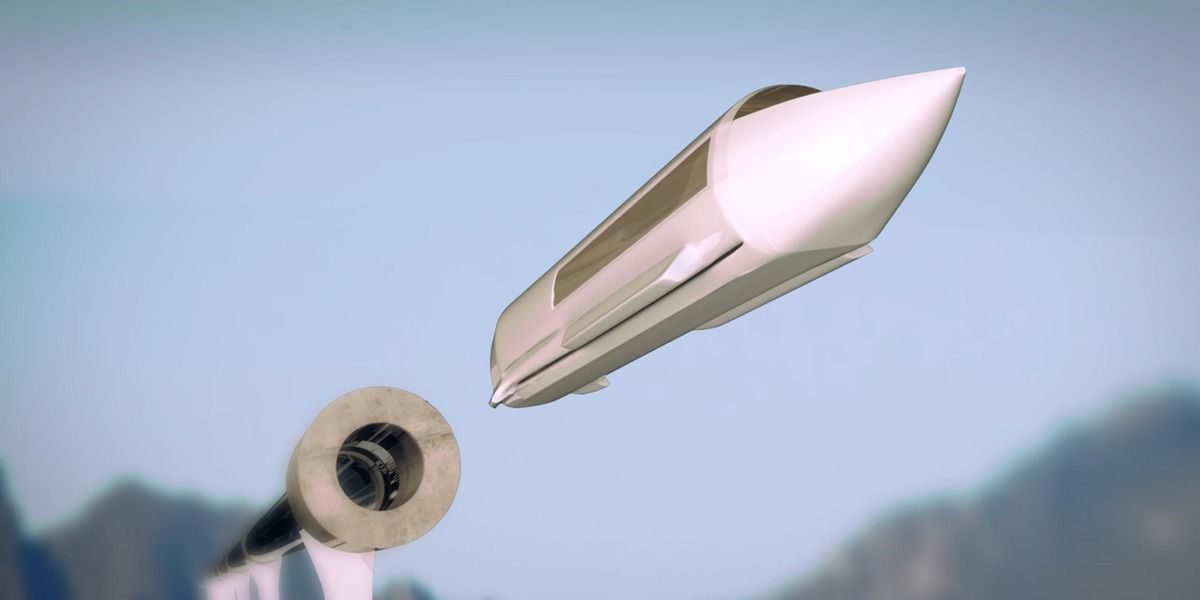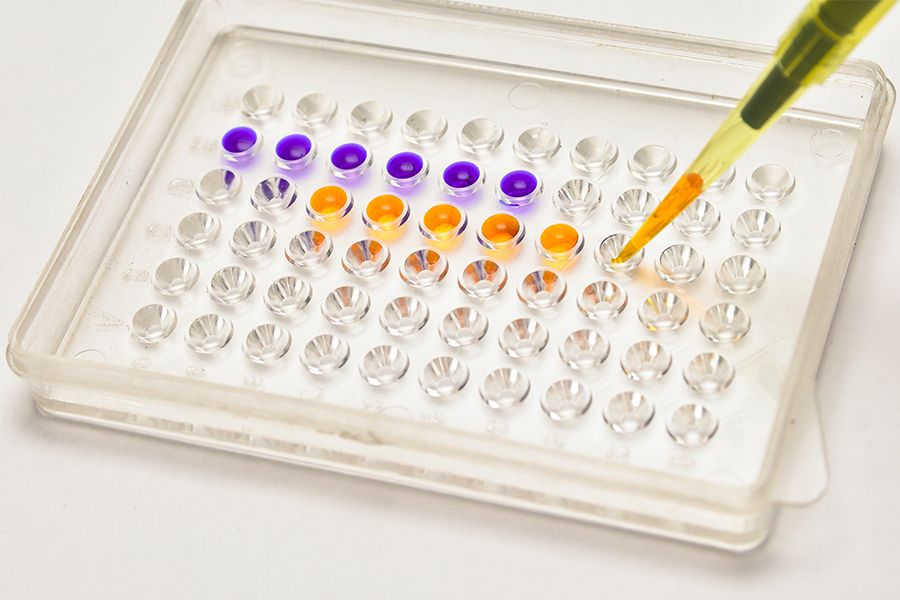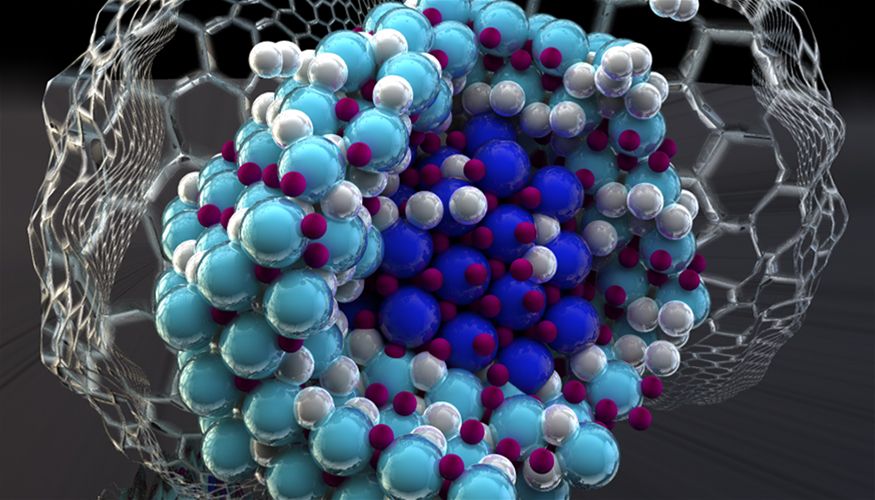Page 10866
Feb 25, 2017
This invention by a British student could save millions of lives across the world
Posted by Klaus Baldauf in categories: biotech/medical, innovation
A 22-year-old British student has invented a mobile fridge that could save millions of lives across the world.
Will Broadway’s “Isobar” has been designed to keep vaccines at the ideal temperature while in transit in developing countries.
And Will doesn’t plan to make money from his creation.
Feb 25, 2017
In the age of robots, our schools are teaching children to be redundant
Posted by Alireza Mokri in categories: education, robotics/AI
A regime of cramming and testing is crushing young people’s instinct to learn and destroying their future.
Feb 25, 2017
An AI Hedge Fund Created a New Currency to Make Wall Street Work Like Open Source
Posted by Alireza Mokri in categories: finance, robotics/AI
Wall Street is a Darwinian battle for the almighty dollar. But Richard Craib thinks his AI-powered hedge fund will soar if everyone can just get along.
Feb 25, 2017
Samsung could be investing $1 billion into artificial intelligence
Posted by Alireza Mokri in categories: futurism, robotics/AI
While many worry about artificial intelligence, Samsung believes it could be an important part of the future. Or at least that is what the latest rumors suggest.
Feb 25, 2017
Here’s the Bonkers Idea to Make a Hyperloop-Style Rocket Launcher
Posted by Klaus Baldauf in categories: energy, space, transportation
Feb 25, 2017
India can become a leading scientific power in the world
Posted by Derick Lee in category: law
He also said there are a lot of opportunities for India but it is China which is seizing them. “India must rise to the role it should be playing for its benefit, for the benefit of science and rest of the world,” he added. India and China have been growing rapidly in the last few decades and both have doubled their GDP. But China, he said, in this period doubled its investment in science and technology while India’s funding reminded at the same level. South Korea, a much smaller country, is also investing a lot in science and the results are showing, he said.
Funding delays and legal challenges preventing the country from achieving greatness, says Nobel Laureate David Gross.

Continue reading “India can become a leading scientific power in the world” »
Feb 25, 2017
Precision Agriculture Makes Farming More Sustainable, Profitable
Posted by Karen Hurst in categories: food, sustainability
Farmers have numerous sources of technology and data available to use in their operations, but many producers struggle with what kind and how much technology they need, according to an article on the University of Nebraska-Lincoln’s Institute of Agriculture and Natural Resources website.
Understanding which technologies and data sets are important and how to best use them is the focus of Joe Luck’s work as Nebraska Extension precision agriculture engineer.
“To me, precision ag has become a catchall term, but basically it refers to hardware and software systems that improve knowledge and decision support to make farming more manageable, sustainable and profitable,” said Luck, who also is an assistant professor of biological systems engineering.
Continue reading “Precision Agriculture Makes Farming More Sustainable, Profitable” »
Feb 25, 2017
Nano-sized hydrogen storage system increases efficiency
Posted by Karen Hurst in categories: energy, nanotechnology, transportation
Nice.
Lawrence Livermore scientists have collaborated with an interdisciplinary team of researchers including colleagues from Sandia National Laboratories to develop an efficient hydrogen storage system that could be a boon for hydrogen powered vehicles.
Hydrogen is an excellent energy carrier, but the development of lightweight solid-state materials for compact, low-pressure storage is a huge challenge.
Continue reading “Nano-sized hydrogen storage system increases efficiency” »
Feb 25, 2017
Scientists may have identified cell in eye that causes nearsightedness
Posted by Karen Hurst in category: futurism
TUESDAY, Feb. 21, 2017 — Whether you’re nearsighted or not might come down to one particular type of cell in your retina, a new mouse study suggests.
Researchers from Northwestern University’s Feinberg School of Medicine in Chicago report that this cell is highly sensitive to light and controls how the eye develops.
If it malfunctions and tells the eye to grow for too long, images don’t get focused in the retina as they should be, the researchers said.
Continue reading “Scientists may have identified cell in eye that causes nearsightedness” »

